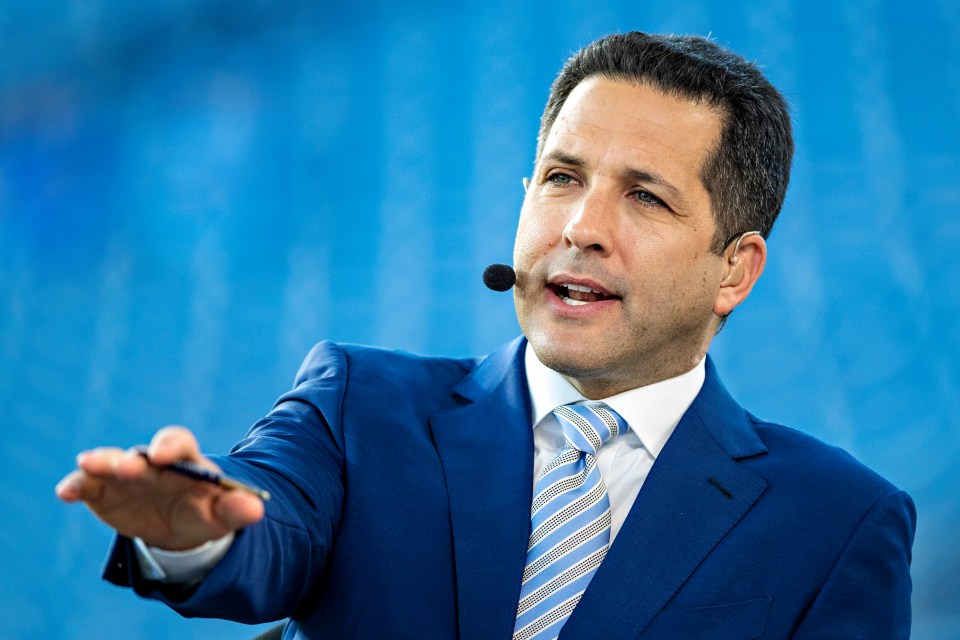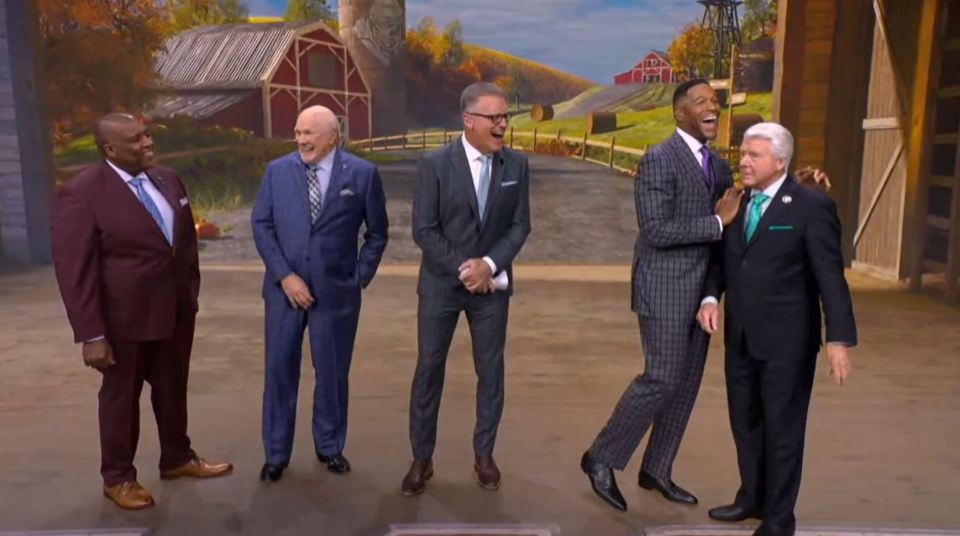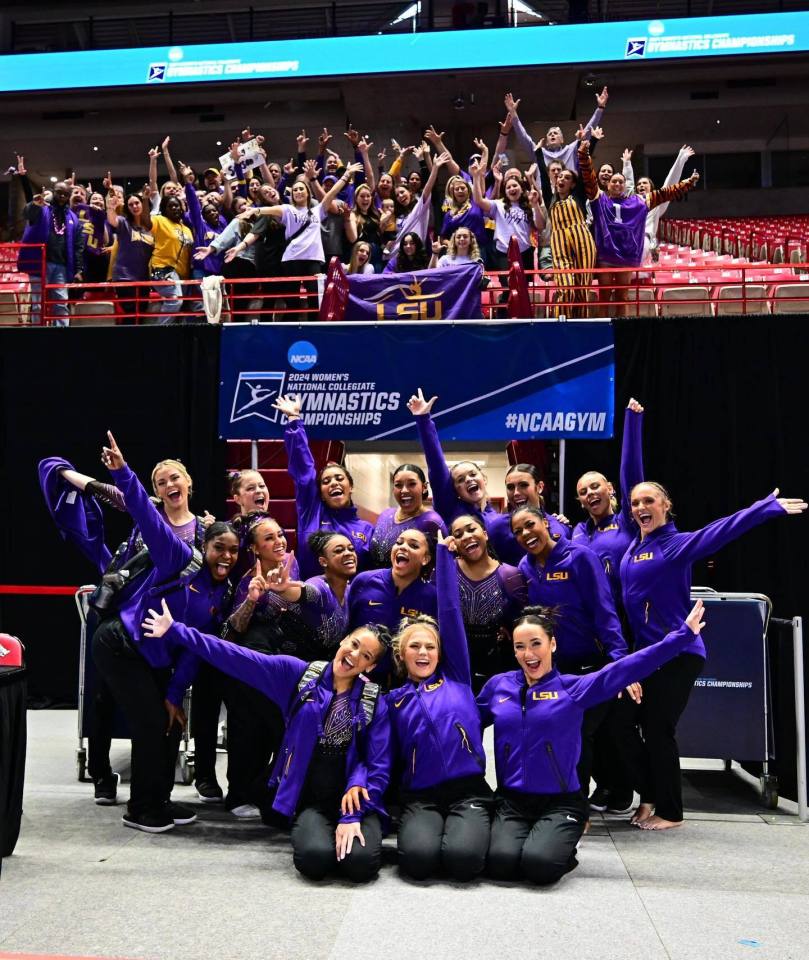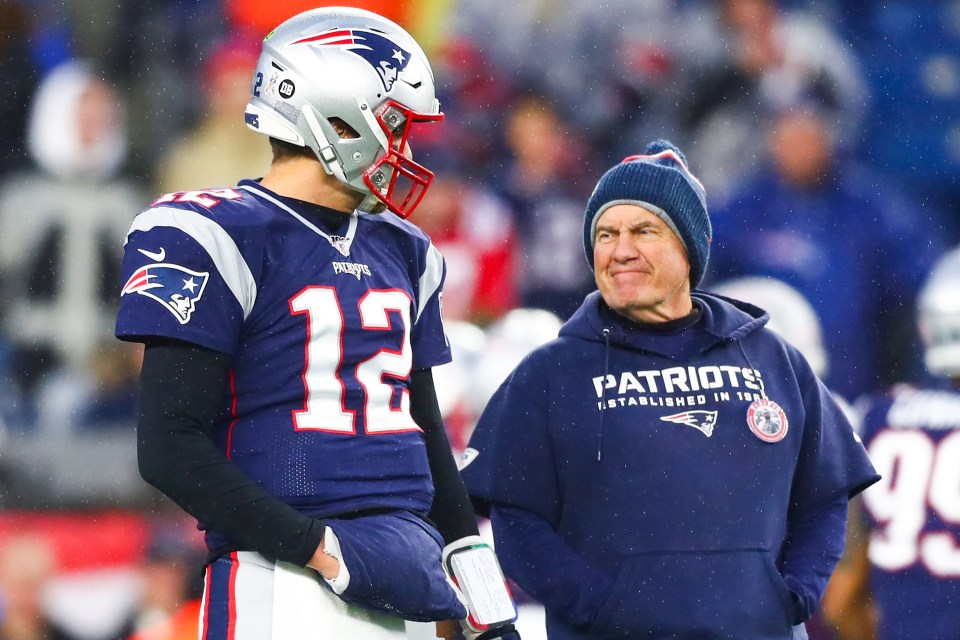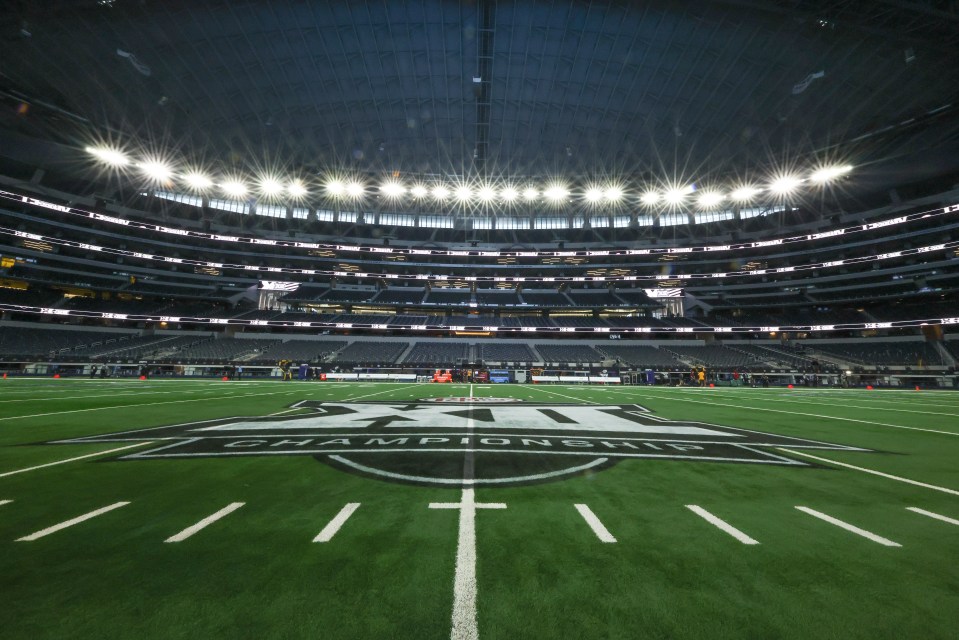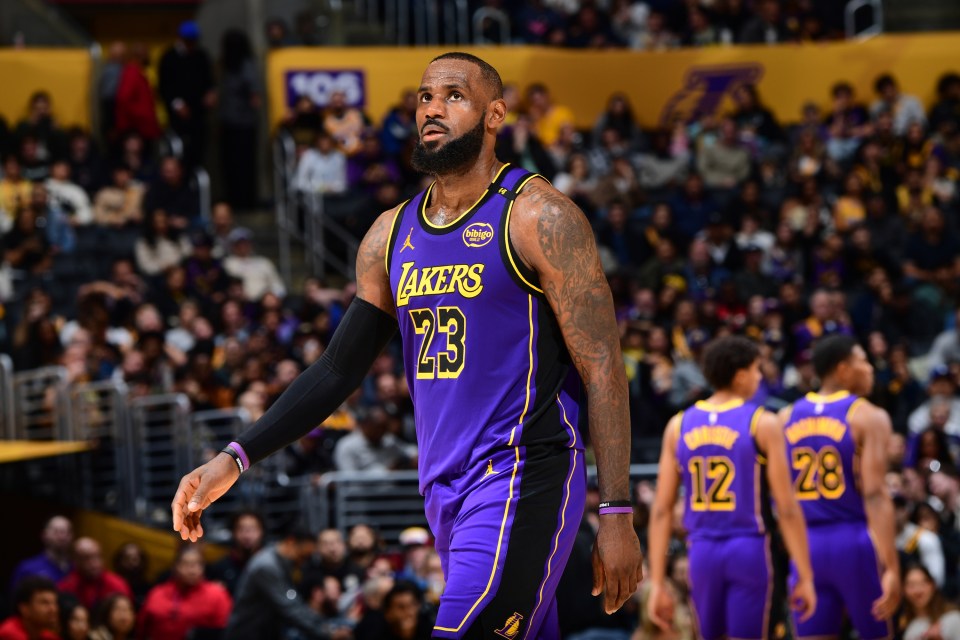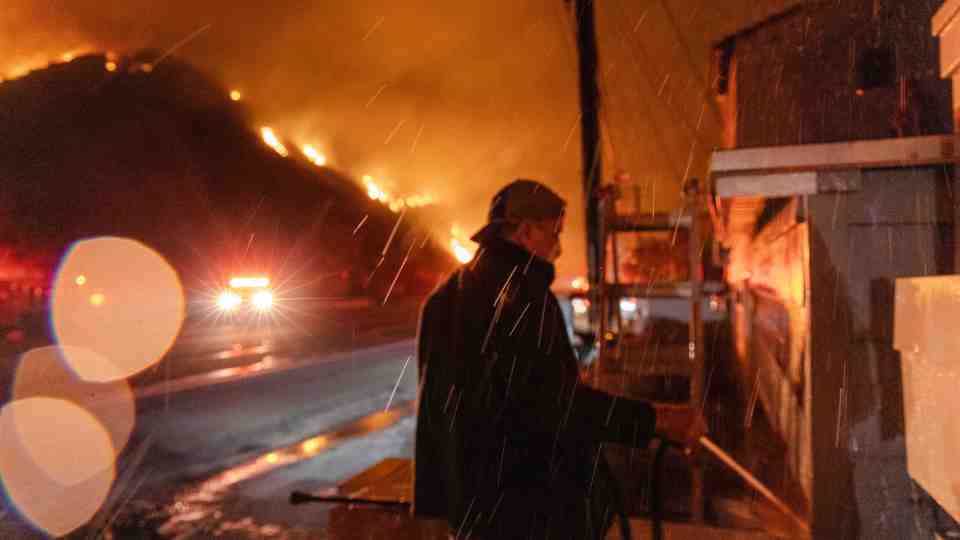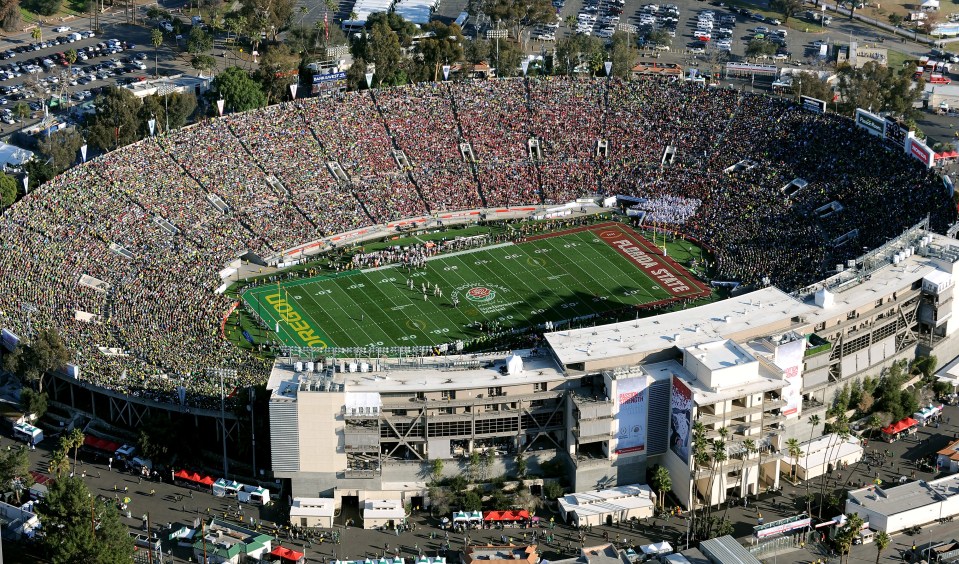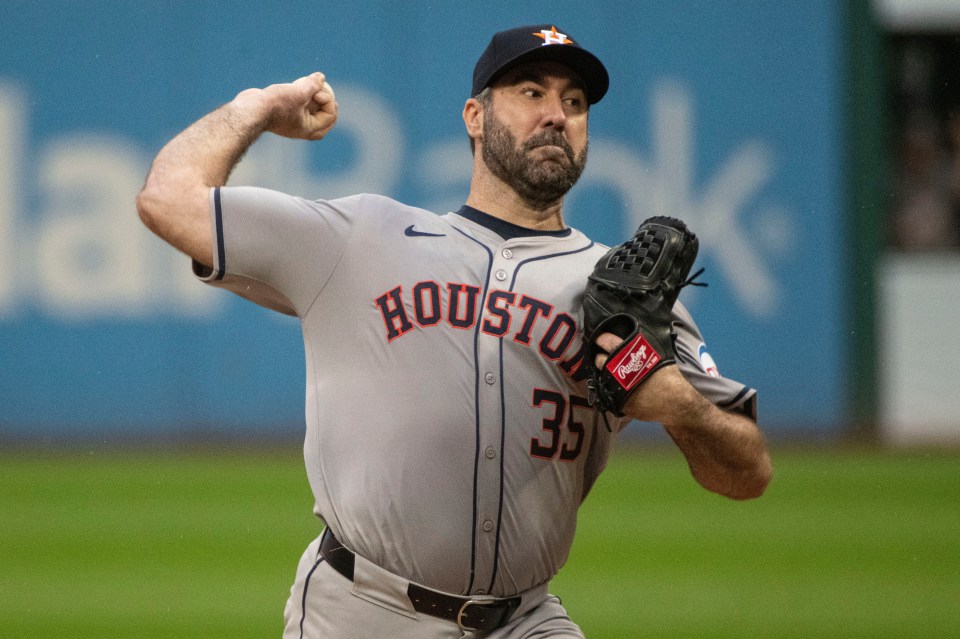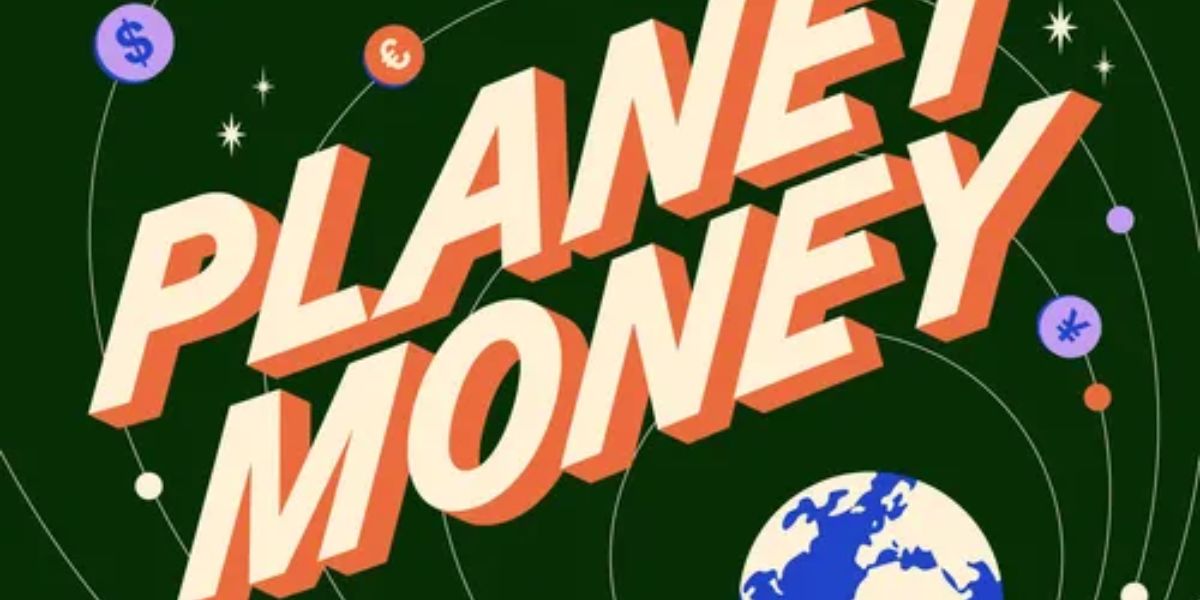‘Planet Money’ Exposes: How the FBI Used a Fake Cell Phone Company to Capture Criminals
HOST, MICHEL MARTIN:
It may sound like something from a movie, but this is the case. The FBI had an unmatched view of drug smuggling networks for many years.
A few years back, they made this revelation. They had been operating a smartphone business covertly all along. They had persuaded thieves to purchase the phones and use them as spy tools. Nick Fountain, host of our Planet Money program, spoke with one of the organizers.
BYLINE: NICK FOUNTAIN A person hoping to escape jail time addressed federal prosecutor Andrew Young in 2018. The man had been working on creating a phone that would allow thieves to safely communicate. However, he had a change of heart. Would it be to Young and the FBI’s liking?
ANDREW YOUNG: This notion was absurd from the start
FOUNTAIN: For a prosecutor like Young, it would be the ultimate achievement if they could successfully develop a phone that would be used by criminals to record their offenses.
Did Any of You Have Experience Managing a Tech Company?
Young: Not at all. No, none of us had experience managing a tech business.
FOUNTAIN: However, they set to work. The first task was to add capabilities to the phone that they believed would be of interest to thieves. They enabled the distortion of voice notes and blurring of pictures. The texting app that they created, which is my personal favorite, was concealed by the phone’s calculator.

Joseph Cox: The calculator vanishes and the app becomes visible when you input a specific PIN and hit the equals button.
FOUNTAIN: The author of the recently published book “Dark Wire: The Incredible True Story Of The Largest Sting Operation Ever” is Joseph Cox. Additionally, he claims that the heads of criminal networks cherished the calculator device.
SEE MORE – Six Accused of Arranging Fake Robberies Across Chicago to Qualify for Crime Victim Visas
COLX: Gadgets are a favorite of drug smugglers. They are obsessed with technology. And people find it great and want to purchase it if they have something like, ooh, the app is concealed behind a calculator.
FOUNTAIN: After obtaining their feature-rich phone, Young and the FBI turned their attention to the next problem: determining how much to charge for the phone.
YOUNG: I still clearly recall our conversations on how much to charge for it as we didn’t want it to be too inexpensive. The economic theory is that individuals will purchase a luxury item that’s…
FOUNTAIN: You’re right, Veblen is good.
YOUNG: In that case, certainly. Particularly that one.
FOUNTAIN: A Veblen good is an uncommon product for which demand rises with price. The FBI decided to charge a premium fee to indicate that it was a premium product. How to market the phones will be their next hurdle. They were not allowed to claim that the FBI made them. Rather, they managed to get the phones, which they dubbed ANOM, into the hands of drug dealers who said…
YOUNG: Unless you’re using ANOM, you’re not speaking to me. The four people beneath him are then given ANOMs, and they inform their crews that they must be on ANOM to speak with him.
FOUNTAIN: They offered these mob bosses commissions and occasionally even stock in the business.
YOUNG: I do think, at some point, we had given away more than 100%, but…
FOUNTAIN: (Laughter). That’s a fraud, Andrew.
YOUNG: Securities fraud. But, you know, it’s all right.
FOUNTAIN: To Young, the ends justified the means. According to the authorities, when they finally shut down the operation in 2021, they’d sold 12,000 phones and seized tons of drugs, prevented 150 murders, and made hundreds and hundreds of arrests, though none of those arrests were in the U.S. Young never got permission to spy on phones here.

